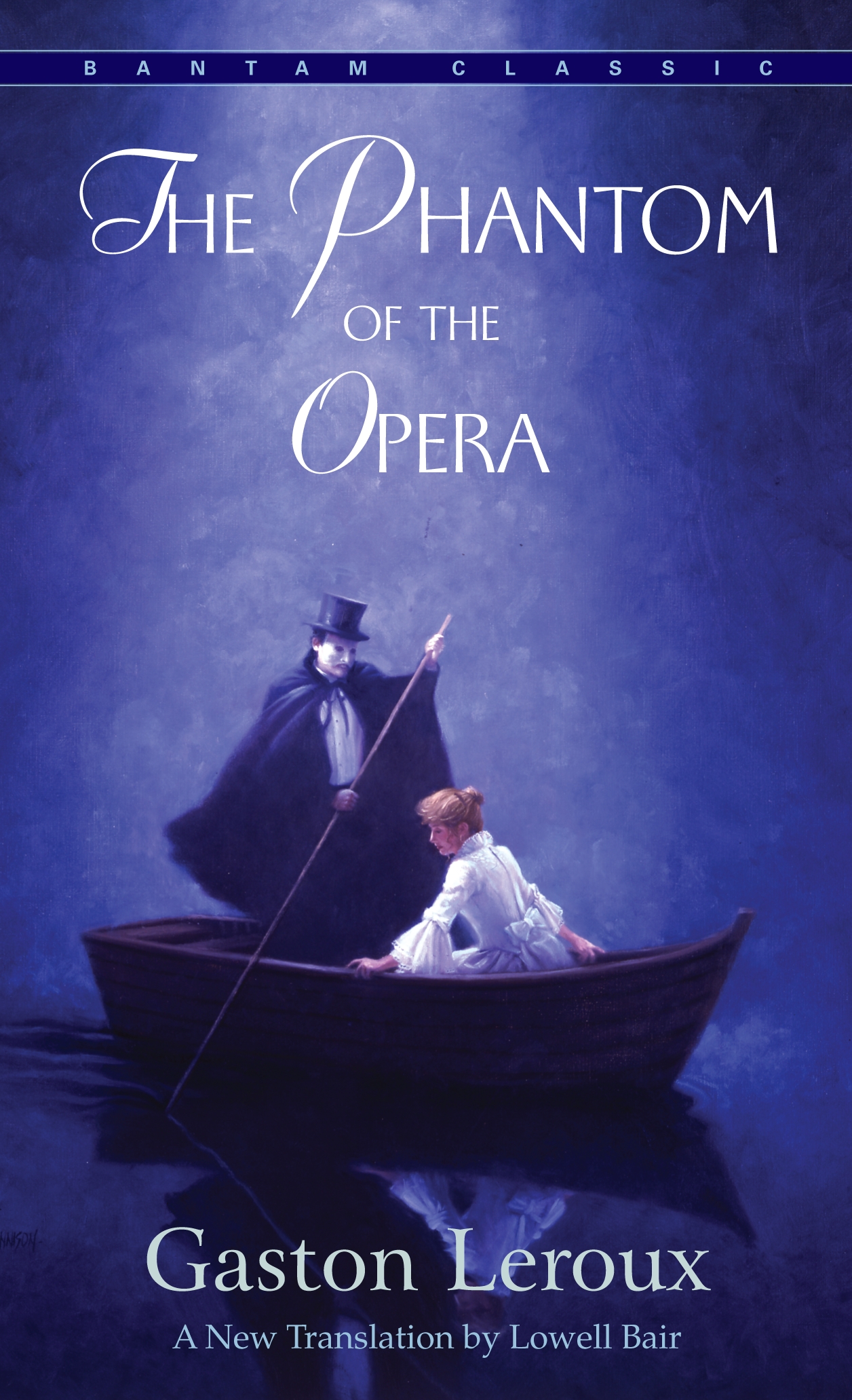
Nevertheless, Phantom stands alone as the number one theatrical success of all time. Phantom participates with a number of contemporary musicals that redefined Broadway and set new standards for revenue maximums, as well as for production expenditures. How then, was I so mesmerized by Andrew Lloyd Webber’s Phantom of the Opera? What characteristics set it apart that appealed to me so much that I was nothing less than riveted? Considering its effect on me, it is no surprise that theatre-going populations who are not quite as openly blasphemous as I am, have made it the number one financial theatrical musical success of all time, bar none. As a theatre historian, therefore, I am a perfect heretic. I humbly admit that I was so bored with West-Side Story that I fell asleep watching it. My efforts to appreciate ‘The Musical’ aesthetically have resulted in mere tolerance at best, gag reflex at worst. The use of music in melodrama to underscore the drama and heighten the emotional response of audience members was a brilliant theatrical innovation, but when good melodrama is interrupted by some horribly contrived musical interjection, the magic of suspended disbelief is completely lost for me.

Here, in this case study, I propose a new category for evaluation, which I call ‘uncritical musical metareference’, or even ‘destructive homage’. Whatever one may think of Lloyd Webber’s music, these are provocative exemplars of what has been called ‘intermusical system reference’.
-poster.jpg)
These metareferential aspects are amplified in the 2004 film version, where the cinema audience is able to observe not only the ‘operas’, but also the opera ‘audience’ within the production. However, outside of the diegetic context of the musical’s story, they also possess extracompositional qualities which reference musical, historical, and dramatic events, as well as musical styles, repertoires, and even specific works. These fragments themselves play important intracompositional roles in the plot. Departing from Gaston Leroux’s 1909–1910 novel, in which actual operas (notably Gounod’s Faust) function as important plot devices, Lloyd Webber and his librettists created three pastiche ‘operas’, parts of which are heard and seen in the course of the musical. A so-called megamusical, it is a popular musical theatre piece in which opera itself is a kind of character, and which refers on many levels to opera, operatic conventions, and specific operatic musical styles.

Andrew Lloyd Webber’s The Phantom of the Opera (London, 1986) presents an interesting case of metareference.


 0 kommentar(er)
0 kommentar(er)
